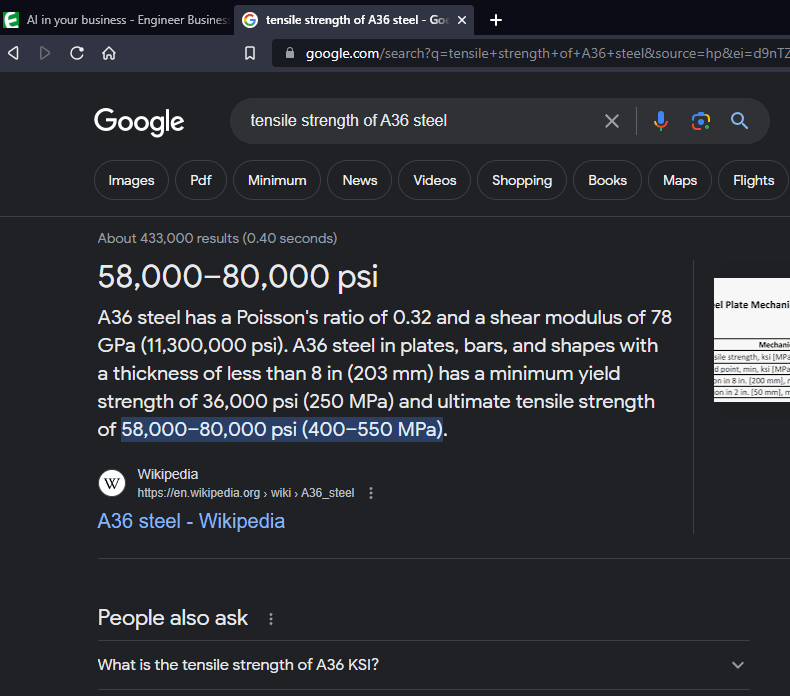Certainly, I'd be happy to explain the difference between a Markov process and ChatGPT's algorithm.
Markov Process:
A Markov process, also known as a Markov chain, is a mathematical model used to describe a sequence of events where the future state depends only on the current state, and not on the sequence of events that preceded it. In other words, the probability of transitioning from one state to another depends solely on the current state and the transition probabilities, and it doesn't matter how the system arrived at that current state. This property is called the "Markov property."
For example, consider a weather model with two states: "Sunny" and "Rainy." The next day's weather depends only on the current day's weather, and not on previous days' weather. If it's sunny today, the probability of it being sunny tomorrow might be 70%, and the probability of rain might be 30%, regardless of whether it rained or was sunny yesterday.
ChatGPT's Algorithm:
ChatGPT is built upon the GPT (Generative Pre-trained Transformer) architecture, specifically GPT-3.5 in this case. GPT-3.5 is a state-of-the-art language model that uses a deep neural network to generate human-like text based on the input it receives. It's pre-trained on a massive amount of text data and learns to predict the next word in a sentence given the previous words. This enables it to understand context and generate coherent and contextually relevant text.
ChatGPT's algorithm utilizes a variant of a Transformer architecture, which is known for its attention mechanisms that allow the model to weigh the importance of different words in a sentence. This enables the model to capture long-range dependencies and relationships between words.
Unlike a Markov process, which only considers the current state to determine the next state, ChatGPT's algorithm considers a broader context by taking into account a variable-length history of text to generate responses. It generates text word by word, using the probabilities learned during training to decide the most likely next word given the preceding words.
In summary, the key difference between a Markov process and ChatGPT's algorithm is that the former only depends on the current state to determine the next state, while the latter relies on a much richer and broader context to generate coherent and contextually appropriate responses.

